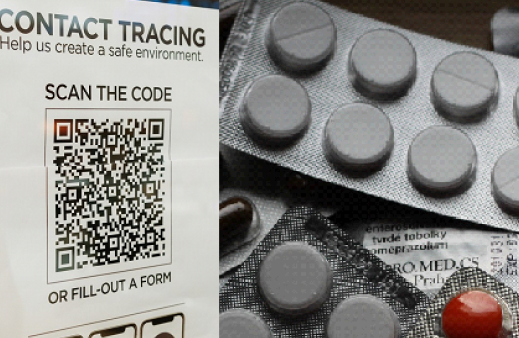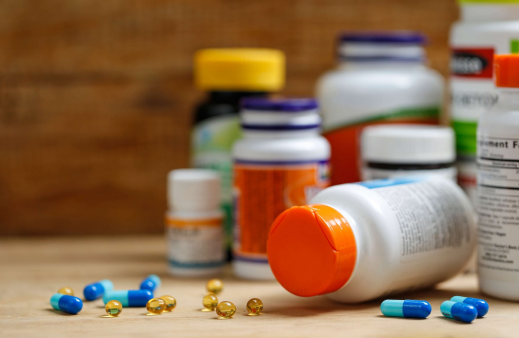
(An Official publication of PharmaSecure)
The impact of COVID-19, coupled with fluctuations in global financial markets and ever-increasing competition in all sectors, is putting significant pressure on both balance sheets and wages earned.
The pandemic is one of the worst disasters everyone across the globe has faced across generations, resulting in hundreds of thousands of deaths, disabilities and loss of livelihoods.
The point to note here is how strongly the pharmaceutical sector has dealt with the challenges over the past. The pandemic has triggered a certain level of evolution in Track and Trace sector, which will be in a much better position right after the pandemic and in the years to come.
The virus has created a supply chain that helps pharmaceutical companies minimize costs by emphasizing the importance of Track and Trace products.
In fact, we are already seeing the adoption of flexible supply chain regulation, which requires open interfaces and interoperability by industry standards. This requires hardware and software from different vendors to be more consistent and work much more closely together.
The importance of this cannot be over-stated. The ability to track every single item, at every single stage of the process from source to supply to consumer, is essential. To have complete, watertight confidence that products are the genuine and official ones, is an important step.
This is especially true in the current climate when we are working flat-out to service the global COVID-19 vaccination in the face of ongoing counterfeiting in the drug sector.
At first glance, the move to a flexible supply chain may seem like a bold move for the pharmaceutical sector. But we are already seeing some steps that will help address drug dependence in certain regions. It can also ensure that we all benefit from confidence in the quality of the drugs and equipment we supply, both professionally and personally.
Although the world is overwhelmingly dependent on certain geographic regions to supply most of its drugs, the COVID-19 pandemic has changed this pattern. Just as we are seeing a move towards a much more open supply chain, we are seeing a move towards local production and supply by repatriating our supply chains to Europe and the US. This extradition is a big problem for the future of the pharmaceutical sector.
This demonstrates confidence in Europe’s capabilities, which leads to continued investment in the continent. This will lead to job creation and renewed interest in European brands as a global hub for essential medicines.
Naturally, we expect the pharmaceutical sector’s track and trace vendors to be driven by the latest technology, but over the past 20 months the industry has collectively redefined what is needed over existing technology. As expected, the technology controlling the actual serialization process was the latest generation with the latest technical specifications.
However, like almost every other business sector in the world, pharmaceutical serialization companies have had to invest in systems to compensate for their potential to become new working standards. From customer meetings to team meetings to signing valuable business deals that are now powered by the latest technology, the sector has undergone a covert digital revolution over the past year and the future.

pharmasecue / August 26, 2022

pharmasecue / February 1, 2022

pharmasecue / January 17, 2022